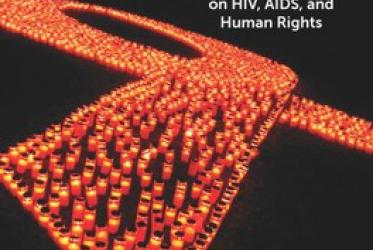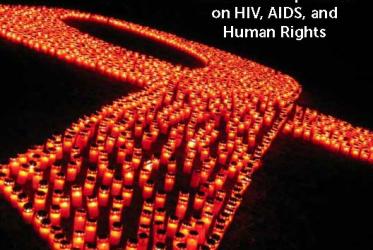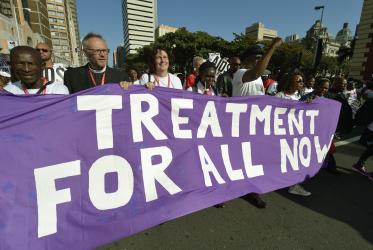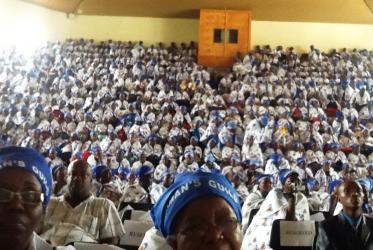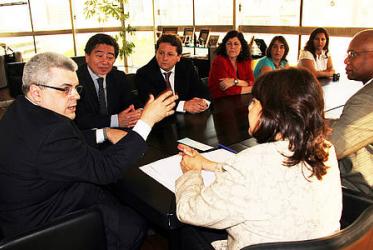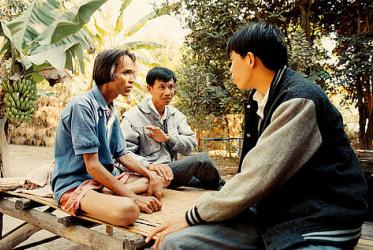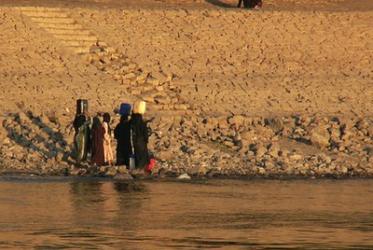Displaying 1 - 20 of 20
WCC mourns passing of Hendrew Lusey-Gekawaku
23 October 2020
#WCC70: A prayer about health and healing
20 July 2018
WCC book featured in UN discussion on gender, religions and health
16 September 2016
Keeping the Faith in Development: Gender, Religion and Health
20 September 2016
Salvation Army Auditorium, New York City, United States
Conference in Kenya addresses women’s concerns
09 September 2013
Faith communities promote “safe spaces” to discuss health issues
19 January 2012
Rethinking theology for HIV response
06 September 2011
WCC's HIV work reaches quarter-century mark
30 June 2011
HIV/AIDS: "We can't be silent"
19 February 2008

